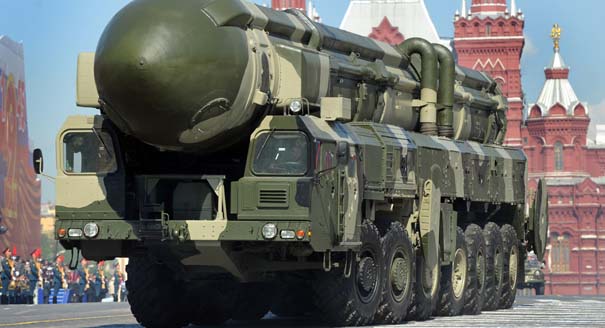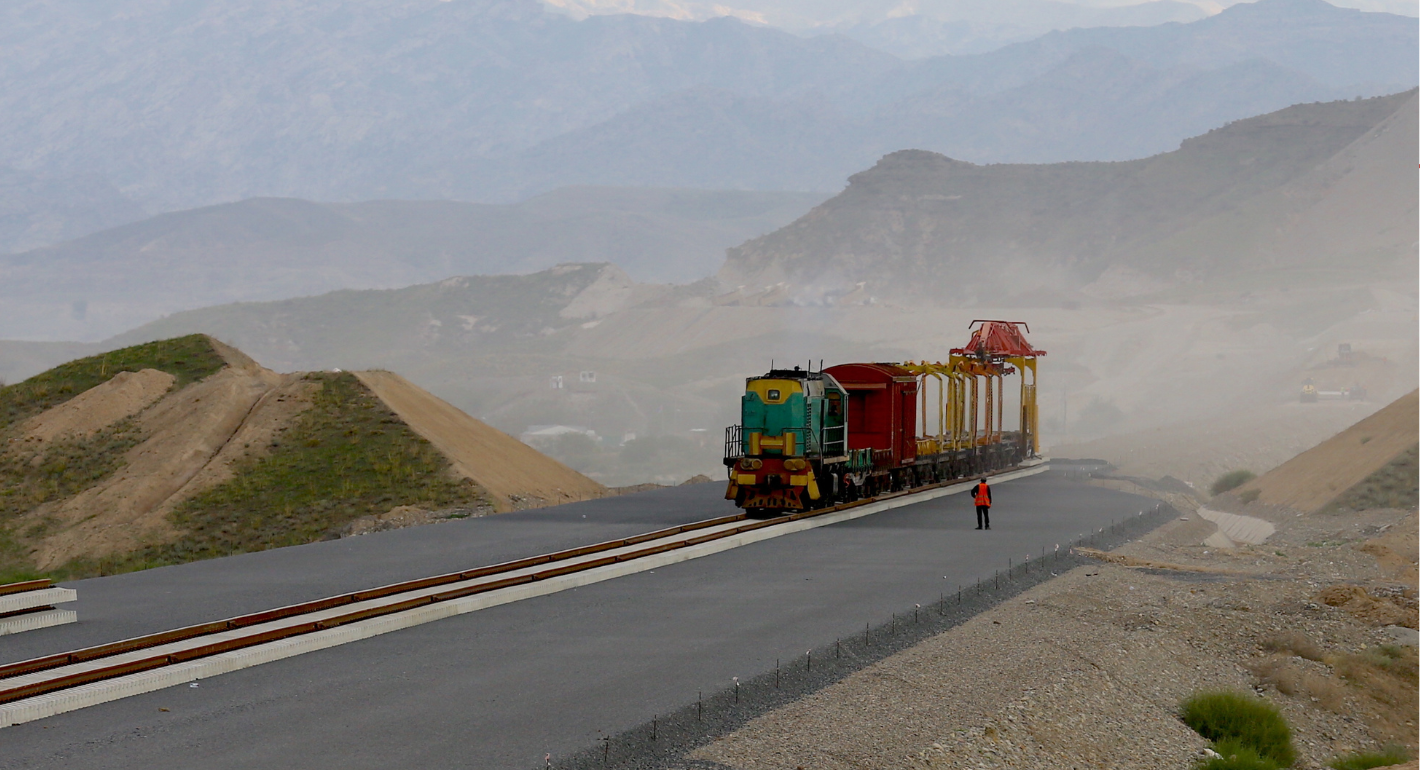When a Tea Party challenger defeated veteran Senator Richard G. Lugar of Indiana in the Republican primaries last May, there was hardly a mention in the European press.
Yet thanks to Lugar, now aged 80, Europe has become a safer place since the ending of the Cold War in 1991.
Along with the retired Democrat Senator, Sam Nunn, Lugar realized immediately the new threats that the collapse of the Soviet Union brought.
He saw how it was awash with nuclear warheads and missiles. The danger of these weapons falling into the wrong hands amid the chaos of the end of the Soviet Union terrified Lugar.
While much of the equipment was based in Russia, other former Soviet republics including Belarus, Kazakhstan, and Ukraine had large stockpiles too. It needs reminding that in 1991, those countries were the third, fourth and eight largest nuclear weapons powers in the world.
Lugar and Nunn didn’t waste time.
They swung Congress around to a radical and far-sighted initiative called the Nunn-Lugar Cooperative Threat Reduction program. The goal was to work with Russia to safeguard and destroy materials and weapons of mass destruction in Russia as well as in Belarus, Kazakhstan, and Ukraine.
The score card is impressive.
Thousands of strategic nuclear warheads have been de-activated. And there are now no nuclear weapons in Belarus and Ukraine, neighbors of the European Union, and Kazakhstan, thanks to patient negotiations between the United States, Russia, and these countries.
In 1999, the two senators again went across party lines to establish the Nunn-Lugar Chemical Weapons Destruction Facility in Shchuchye, Russia. The facility was designed to destroy up to 2 million chemical weapons shells and nerve agents stored there during the Soviet era.
Lugar, before being defeated in the Indiana primaries, said he wanted to make the Nunn-Lugar program a template for other countries, while continuing the vast and ambitious Russian program. He sees even more of a reason why his work should continue when he leaves the Senate.
Europe would do well to learn from Lugar’s experience when looking a today’s most pressing problems of weapons of mass destruction.
The specter of armed groups getting hold of any of Syria’s huge, modern stockpile of chemical weapons is just too frightening for words. Europe needs to work closely with the United States, Russia, and countries in the region on how to safeguard, and eventually destroy, these weapons.
It is true that Russia, under President Vladimir Putin, does not make for an easy cooperation partner.
Western governments are increasingly uneasy over the clampdown on freedom of expression. Last Friday’s sentencing of the Pussy Riot band’s three women to two years in jail did not improve matters, to say the least.
Putin’s rhetoric against NATO and its anti-ballistic missile shield has soured the atmosphere between NATO and the Kremlin further.
Those who despair over the direction Russia is taking should reflect on how Lugar managed to do what he did with this country in an even more uncertain time when the Soviet Union was breaking up.
In the speeches he made over the years Lugar explained that it was in America’s but also Russia’s interests to safeguard or reduce its nuclear and chemical stockpiles and the facilities and infrastructure they required. And because it was in the interests of both countries, values, however tempting, were not allowed to impede on interests.
Defining interests and the role of values is something the Europeans, so far, have failed to do. This means they have not been able to develop a long-term coherent strategy with regard to Russia, but also towards the Middle East.
Some European think tanks, such as the European Leadership Network and former diplomats such as Wolfgang Ischinger, see the need for the United States, Europe, Canada, and Russia to work much more closely together in order to curb nuclear proliferation.
The recent launch of Euro-Atlantic Security Initiative (EASI) by Carnegie shows that cooperation is still possible.
But clearly, the tensions between the United States and Russia over Syria do not help. Yet despite the bitter words exchanged between Washington and Moscow over Syria, Lugar was already considering some cooperation in dealing with Syria’s chemical weapons. Now that he is leaving politics, it is time for others—Americans and Europeans—to pick up the baton. There isn’t much time.












